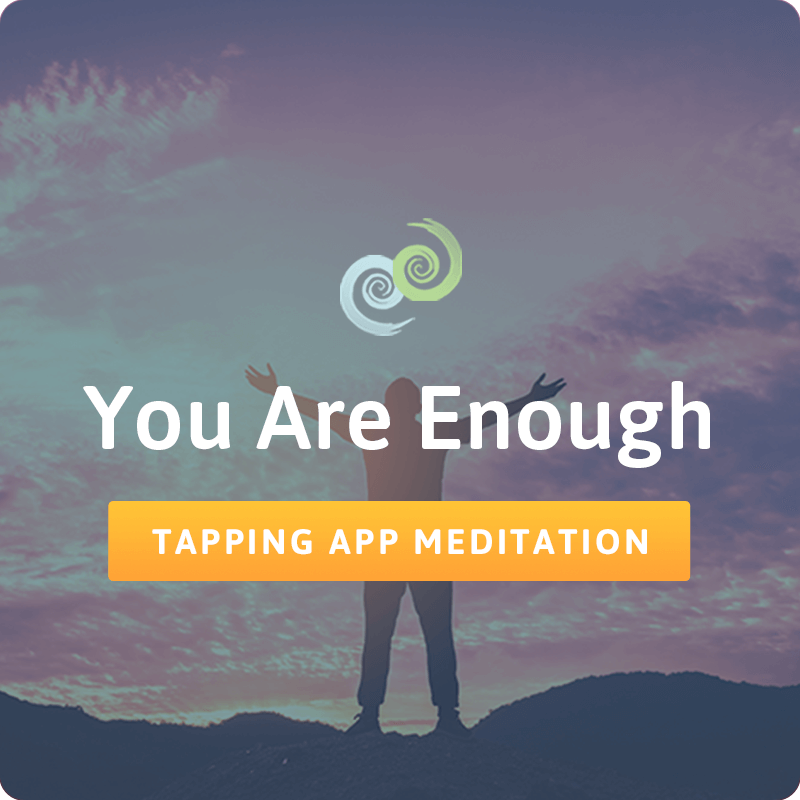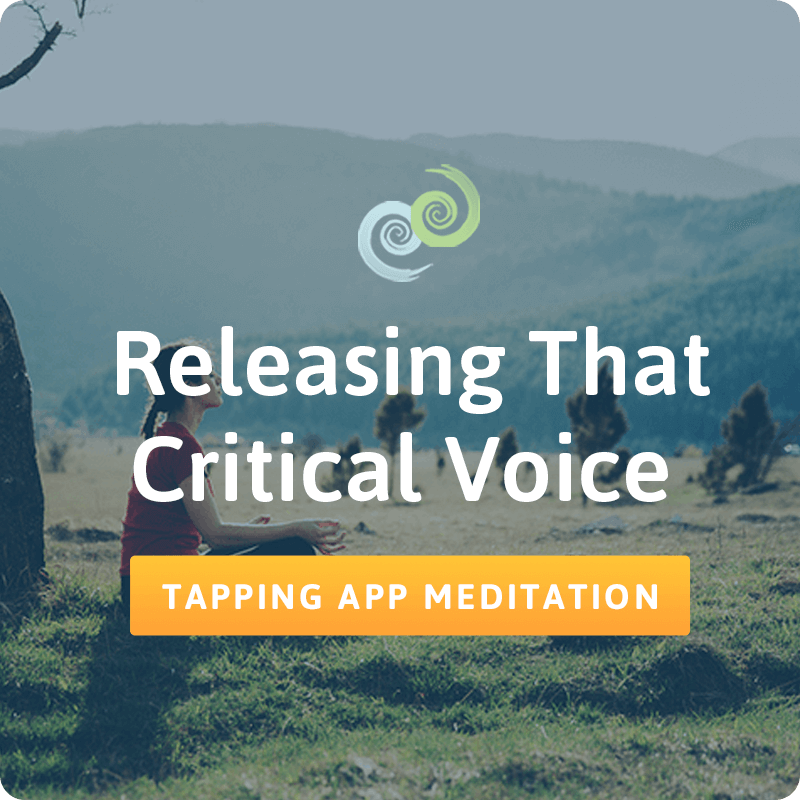You chose B.
If you’ve made this choice, that’s completely ok! It just means that you’re either being very honest with yourself (for which I applaud you), or you were just curious to see where this choice would take you. 😉
If you have difficultly showing compassion for others, it probably means you have difficultly feeling compassionate towards yourself as well.
Instead of offering kindness, support, and understanding, we are much more likely to be hard on ourselves, criticize ourselves, and make ourselves feel bad when our life experiences have shaped us into feeling this way.
If you are trying to radiate compassion out to the world around you – to loved ones, friends, acquaintances, strangers, even people across the globe – that is awesome. Keep on trying! Everything is a process. You are doing a great job.
But it’s also important to check and make sure that you aren’t leaving something – or someone – very important out of the equation.
“If your compassion does not include yourself, it is incomplete.”
– Jack Kornfield
Now some people might think that self-compassion isn’t very important, and maybe that it’s even detrimental. They believe that self-compassion can lead to self-pity, weakness, complacency, or selfishness.[1]
Conversely, many of us often think that being hard on ourselves and being self-critical is actually what we need and what will be most helpful.
After all, don’t we have to be hard on ourselves in order to push ourselves to be better, improve, and achieve more?
It turns out that the answer is no.

The Problem With Self-Criticism
Self-criticism is actually likely to backfire on us, and not work out in our best interest. In fact, research shows that self-criticism is tied to depression, eating disorders, physical health issues, and much more.[2-4]
So, it turns out that self-criticism isn’t really the best option if we want to grow, improve, and become our best selves.
Self-compassion, on the other hand, IS effective and is thought to be one of the keys to becoming our best selves.
As Dr. Kristin Neff, a psychologist and expert in self-compassion says,
“Unlike self-criticism, which asks if you’re good enough, self-compassion asks, what’s good for you?”
Self-compassion can help us become more resilient, take risks, learn from mistakes, and keep moving forward with passion and with strength.[5] When we do face failure or don’t reach our goals, self-compassion helps us to cope with that in a productive way, have a more helpful response, and bounce back.[6]
Research has shown us that self-compassion actually leads to more productivity, decreased stress and depression, greater well-being, and more life satisfaction. People who practice self-compassion even tend to make wiser health choices.[5,6]
Consider another great piece of wisdom from Kristin Neff. “Why is self-compassion a more effective motivator than self-criticism? Because its driving force is love, not fear.”

So, What Really Is Self-Compassion Anyway?
On a basic level, self-compassion means treating yourself with the same support, love, kindness, and understanding that you would offer to anyone you care about.
Dr. Kristin Neff is a pioneer in the world of self-compassion, and through her studies, she has determined that self-compassion has three key parts:
1. Being kind and understanding towards ourselves. In other words, practicing self-kindness.
2. It involves understanding that we aren’t alone, that we are a part of a shared common human experience.
3. Self-compassion involves mindfulness. This means noticing and acknowledging our feelings and experiences without judgment. [5,6]
Self-compassion allows us to wish ourselves well, offer ourselves validation, and treat ourselves with warmth, love, and respect.
It also reminds us that our suffering and our challenges are all a part of being human. Other people suffer and struggle and are challenged too. This isn’t to compare degrees of suffering or to diminish our own, but to remind us that it is all part of life. It is normal.
As Neff says, “When we’re in touch with our common humanity, we remember that feelings of inadequacy and disappointment are shared by all. This is what distinguishes self-compassion from self-pity. Whereas self-pity says, ‘poor me,’ self-compassion remembers that everyone suffers, and it offers comfort because everyone is human.”
Finally, it gives us space to acknowledge what we are going through, and to validate and honor the emotions, thoughts, and experiences we are having.
Let’s Keep This In Mind…
So, as we move through the rest of our day and our week, let’s try to keep in mind this idea of self-compassion. And the next time you are feeling down or hard on yourself, consider Kristin Neff’s advice:
“Whenever I notice something about myself I don’t like, or whenever something goes wrong in my life, I silently repeat the following phrases: This is a moment of suffering. Suffering is part of life. May I be kind to myself in this moment. May I give myself the compassion I need.”
And right here, right now, perhaps consider a small kindness you might be able to offer yourself at some point today. It might be a small act of love, writing yourself a kind letter, offering yourself a few words of affirmation, or a compassionate mantra.
But whether or not you choose to take this any further, simply listening to these words today and learning more about self-compassion is already such great work that you are doing for yourself. You are doing a wonderful job, and I’m so glad we got to share this time together today.
If you’d like to put some self-compassion into action with Tapping, consider two powerful Tapping Meditations from our App: You Are Enough and Releasing the Critical Voice.
Which speaks to you today? Go ahead and use it now! 🙂
Sending you much love!
Until next time…
Keep Tapping!
Nick Ortner
Comment below: Are you good at practicing self-compassion or is this something you need to work on?
References
1. https://greatergood.berkeley.edu/article/item/the_five_myths_of_self_compassion
2. https://pubmed.ncbi.nlm.nih.gov/28886675/
3. https://guilfordjournals.com/doi/10.1521/pdps.2016.44.3.395
4. https://www.psychologytoday.com/us/blog/stress-self-and-health/201708/the-hazards-self-criticism
5. http://ccare.stanford.edu/uncategorized/the-scientific-benefits-of-self-compassion-infographic/
6. https://greatergood.berkeley.edu/article/item/the_power_of_self_compassion














Connect With Us on Social Media